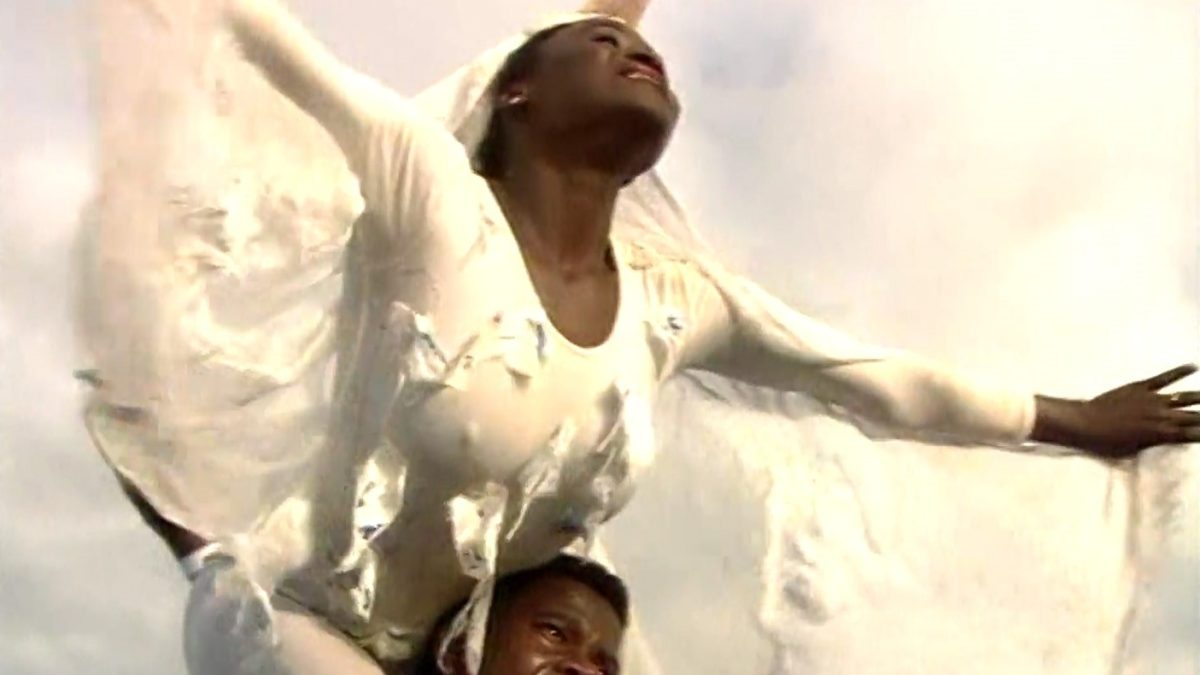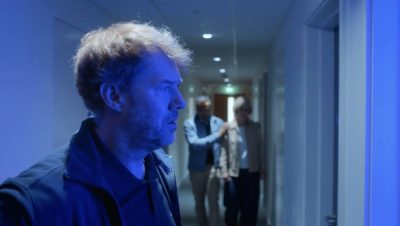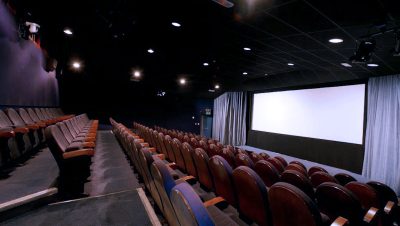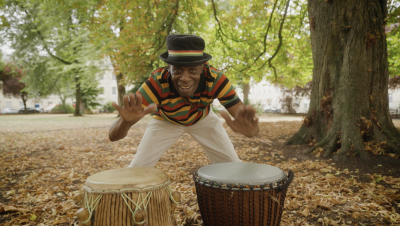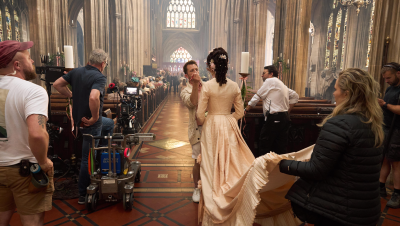Film / News
Afrika Eye film festival celebrates 20 years of bringing African cinema west
One of the great clichés of festivals in general and film festivals in particular is that they always claim to be bigger and better than ever before. But sometimes that simply isn’t possible, usually because of lack of funding or sufficient numbers of volunteers. It’s an achievement in itself simply to keep the show on the road. One of Bristol’s smallest but most perfectly formed festivals is Afrika Eye, which celebrates its remarkable 20th anniversary this November with a selection of the stand-out African films it has brought to the big screen in the city over the past two decades alongside some new discoveries.
“When Zimbabwe-born Simon Bright and his partner Ingrid Sinclair set up Afrika Eye in 2005, films from Africa, directed and produced by African filmmakers, were rarely seen in UK cinemas,” says Annie Menter, the festival’s directors since 2015. “Yet as filmmakers themselves, they knew that many important films deserved to be seen by a wider public. As a result, Afrika Eye has introduced South-West audiences to more than 200 features and documentaries over the years, bringing rich and illuminating stories from across the continent.
“For our 20th anniversary we have selected previously shown, outstanding, films, coming from a range of African countries and embracing many different genres, which we feel sure will appeal to both new and existing Afrika Eye audiences. And because more platforms and opportunities are still needed, we’re also presenting several new works, not likely to be seen on the commercial circuit.”
is needed now More than ever
Among the returning films is the ground-breaking Kenyan lesbian drama Rafiki, which proved so controversial that it was briefly banned back home, and which received its Bristol premiere at Afrika Eye back in 2018. This is showing at Easton Community Centre on Friday 14 November.
A packed weekend of films at the Arnolfini on Novenber 15 and 16 kicks off with the multiple award-winning family-friendly Liyana from Swaziland. An enchanting animated film about the power of storytelling, this weaves together five orphaned children’s experiences. The programme also delves into the archives for Come Back, Africa, which was premiered at the 1959 Venice Film Festival. Secretly filmed by Lionel Rogosin, this provides an remarkable insight into life under apartheid, being shot against the backdrop of the demolition of Sophiatown, a centre of multicultural creativity until its destruction by the apartheid government. It also includes the first cinema appearance of internationally renowned singer and activist Miriam Makeba.
The award-winning Senegalese drama Félicité is a raw, documentary-style film following the eponymous nightclub singer (Vero Tshanda Beya) as she struggles to raise money for her teenage son’s operation after he suffers a motorcycle accident. The whole thing is pretty rough-and-ready, with a somewhat meandering storyline, but certainly ranks as a vibrant contribution to New African Cinema.
Noting to do with Slade, Flame is the first feature by British-born film-maker and Afrika Eye co-founder Ingrid Sinclair, which tells the story of two girls, Flame and Liberty, who join the Zimbabwean liberation movement.
Abderrahmane Sissako’s multiple award-winning 2014 drama Timbuktu follows Islamist zealots as they sweep into Timbuktu, imposing their mediaeval laws and outraging the tolerant and humane local imam. Simple herdsman Kidane finds himself caught up in their barbarity following a dispute over a cow. Now he faces the full force of the occupiers’ cruel laws. Timbuktu acquired an additional topicality when the daft mayor of a Parisian suburb banned it on the absurd grounds that it could incite young Muslims to become jihadists. Needless to say, he hadn’t actually seen the film.
But it’s not all about retrospective screenings. Afrika Eye also has the regional premiere of the intriguing drana The Anchorage of Time. In Mozambique, a young police officer is sent to investigate a murder in an old colonial fortress that is now a nursing home, only to find that – in contrast to the declarations of innocence common in western crime dramas – each member of the community claims to be the murderer.
And a month before the festival itself, Afrika Eye presents Ode a Paz – Dance for Peace, a new film by co-founder Simon Bright, at Bristol Commonwealth Society on Thursday 16 October as part of Black History Month. The film follows Mozambique’s National Dance Company as they tour the country during its first democratic election.
Afrika Eye 2025 takes place from Friday 14 to Saturday 16 November at the Arnolfini, Easton Community Centre and the Cube microplex. Ticket prices are £10/£7 (concessions). Details are still being finalised. Go here for the full programme and screening times.
Main image from ‘Ode a Paz – Dance for Peace’. Image supplied by Afrika Eye.
 Our newsletters emailed directly to you
Our newsletters emailed directly to you